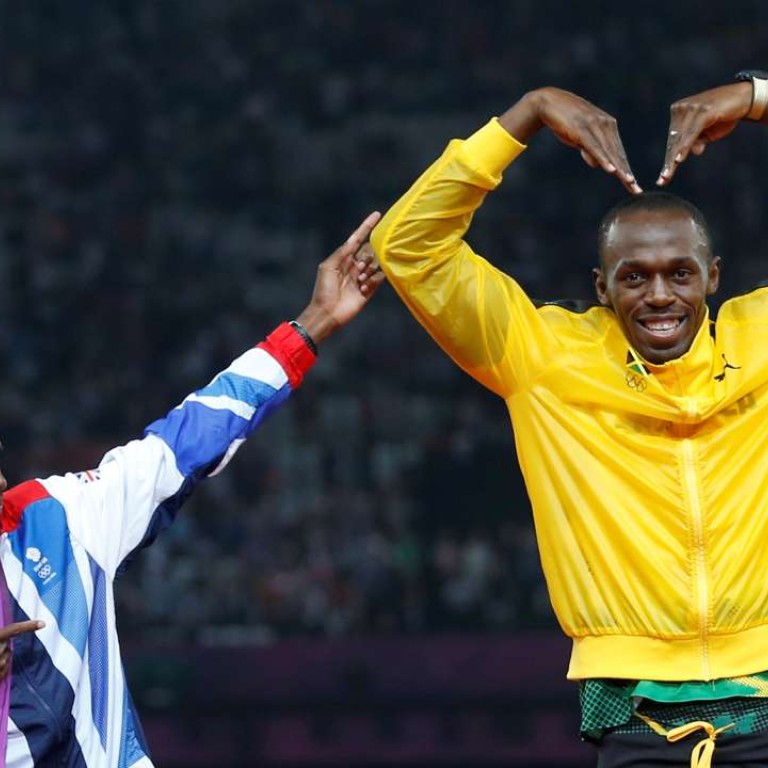
After a calamitous run-up, Brazil hopes the start of competition can brighten sour atmosphere around Rio Games
Much of the talk in the lead up to the Games has been apocalyptic in tone. Now that the Games are set to truly begin, organisers hope a wave of optimism will accentuate the positives
It seemed a great idea, back in 2007. Brazil was riding high: the initial letter of the emerging economic powerhouses labelled BRICS. President Lula da Silva was being hailed at home and worldwide as one of the most popular and adept politicians anywhere in recent memory. The Olympics would be the perfect cap on the country’s decades of progress, its coming-out party as a fully fledged member of the “developed world”.
It probably has not escaped your attention that things haven’t worked out as planned. Not long after Rio de Janeiro’s bid was successful in 2009, the economy began to tank. The country is in the midst of its worst recession since the ’90s, the ’30s according to some. Lula has been implicated in a corruption scandal gigantic even by Brazilian standards, and his successor, Dilma Rousseff, has been impeached and suspended in what her supporters call a coup d’etat.
Five Hong Kong Olympians to watch in Rio
Rio’s economy is in such bad shape that the governor was forced, just 49 days before the Games, to declare a state of financial emergency to avoid “total collapse in public security, health, education, transport and environmental management”.

Meanwhile, in terms of actual sport and athletes, all of Russia’s track and field team are banned after widespread evidence of state-sponsored doping, though the International Olympic Committee was too frightened to announce a blanket ban on the country. Many big names, particularly from golf, tennis and basketball, have pulled out, citing the concerns of the previous paragraph, while those who arrived early haven’t seemed too impressed, with Australia’s delegation declaring the Olympic Village unfit to live in.
The list goes on. And on. Similar prophecies of doom dominate the news cycle in the build-up to every Olympics, but it’s hard not to feel it’s different this time.

There are, as ever, plenty of those ahead. Usain Bolt is going for a “triple-triple” after winning the 100 metres, 200m and 4x100m at Beijing 2008 and London 2012. Michael Phelps is back for his fifth Olympics after retiring and battling the demon drink, looking to add to his already ridiculous 22-medal haul. Mo Farah will be out to repeat the 5,000m and 10,000m wins he enjoyed in London.
The entire population of Fiji will be willing their heroes to win the country’s first-ever Olympics medal as rugby returns to the Games. The home fans will similarly be dreaming that superstar Neymar can help end their long jinx and land the football gold, the only major title a country synonymous with soccer has never won. Chris Froome, fresh from his Tour de France win, is looking for road race and time trial gold. US teenager Simone Biles is being billed as an absolute revelation in gymnastics.

Hong Kong fans have 38 representatives to cheer for, and though it would be an exaggeration to suggest there are plenty of medal hopes in there – Hong Kong have only ever won three – we have reason to be optimistic in table tennis, badminton, possibly fencing and, of course, cycling where last Olympics bronze-medal heroine, Sarah Lee Wai-sze, is looking to repeat.
China are sending their biggest-ever team, 416 athletes including 35 gold medallists as they try to beat the US to the top of the medal table for the first time, having finished second to them in London after topping the gold chart at home in 2008.
We hope – and expect – these are the stories that will dominate the agenda over the coming weeks, though for the citizens of Rio the hangover from the US$8 billion-plus party will last perhaps for decades. The IOC’s roadshow will have long moved on by then, however.

